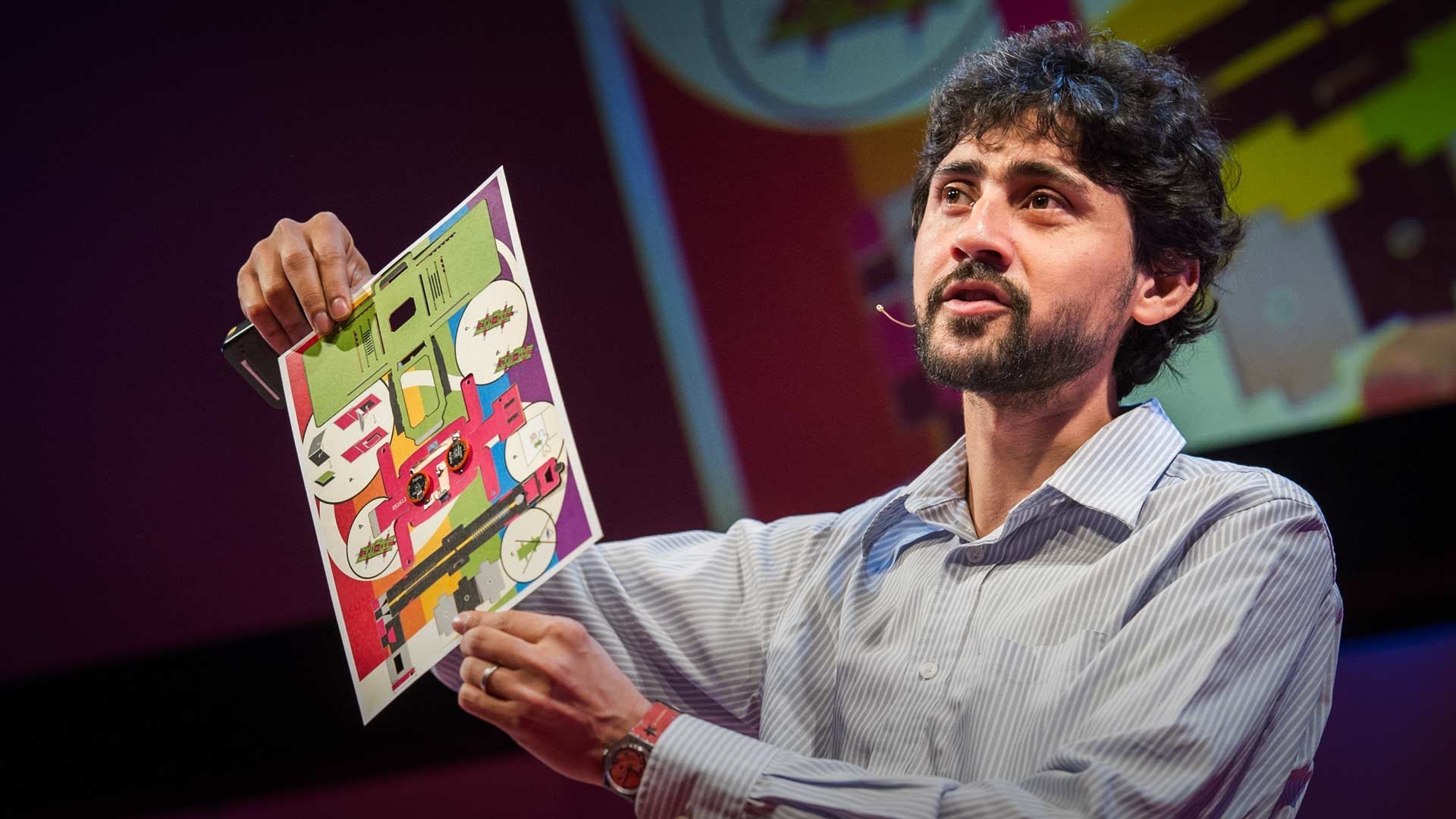
Manu Prakash: A 50-cent Microscope That Folds Like Origami
1 July 2015 3:56 AM GMT
What if every person in the world could carry a microscope around in their pocket? That is the idea behind the foldscope, a 50-cent print-and-fold paper mass produced microscope. Foldscopes can be made to perform brightfield, darkfield, fluorescence, and polarization microscopy, and can reach the submicron resolution. With applications ranging from global health to citizen science and K-12 education, Manu Prakash, and his team’s goal is to get a foldscope in the hands of anyone, anywhere, interested in viewing the microscopic world.
Manu Prakash is on a mission to bring radical new technology to global health.
An assistant professor of bioengineering at Stanford University, Manu Prakash is a physicist working at the molecular scale to try and understand no less than how the world really works. As he told BusinessWeek in 2010, he is humbled and inspired by nature’s own solutions to the world’s biggest problems. “I build and design tools to uncover how and why biological systems so often outsmart us. I believe one day we will be able to understand the physical design principles of life on Earth, leading to a new way to look at the world we live in.”
Born in Meerut, India, Prakash earned a BTech in computer science and engineering from the Indian Institute of Technology in Kanpur before moving to the United States. He did his master’s and PhD in applied physics at MIT before founding the Prakash Lab at Stanford.
Prakash’s ultra-low-cost, “print-and-fold” paper microscope won a $100,000 grant from the Gates Foundation in 2012.
 All section
All section













